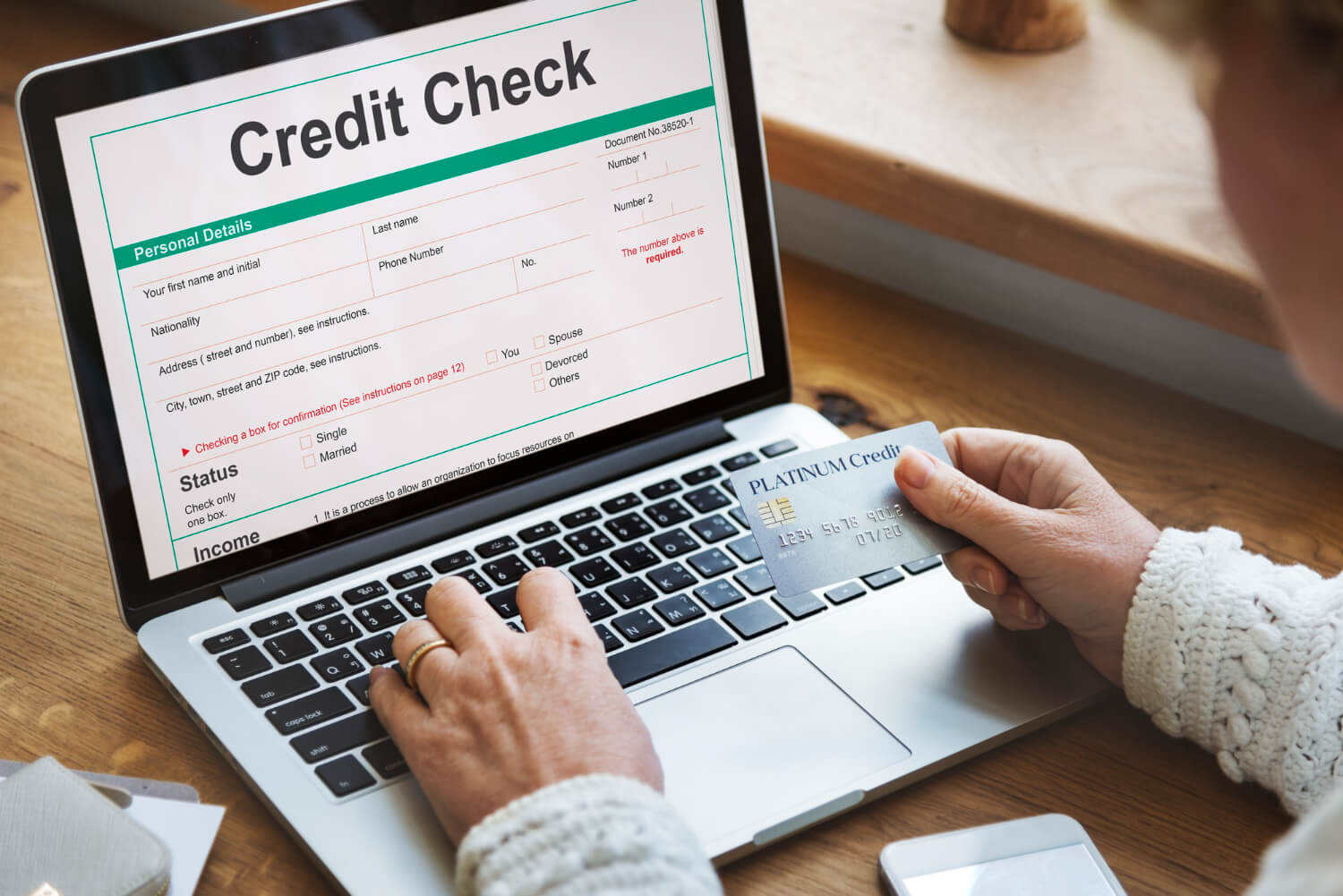Building good credit isn’t just about creating positive habits—it’s also about protecting your progress. That’s why it’s essential to regularly monitor your credit report. Your credit report is like your financial report card, and checking it often helps you spot errors, track improvements, and protect yourself from identity theft.
Why Monitoring Your Credit Report Matters
- Catch Errors Early – Mistakes happen more often than you think. An account you didn’t open, a payment marked late in error, or outdated balances can all drag down your score.
- Track Your Credit-Building Progress – Watching your score improve as you pay bills on time and keep utilization low is a great motivator.
- Protect Against Identity Theft – If someone tries to open credit in your name, monitoring helps you detect suspicious activity quickly.
- Stay Prepared for Applications – Whether you’re applying for a loan, credit card, or mortgage, knowing your credit status ahead of time gives you an advantage.
How Often Should You Check Your Credit Report?
Experts recommend reviewing your credit report at least once every 12 months, but ideally, you should check it more frequently—especially if you’re actively building or repairing credit.
The good news: you can access your reports for free.
Where to Monitor Your Credit for Free
- AnnualCreditReport.com – The only official site authorized by federal law, giving you free access to your reports from Equifax, Experian, and TransUnion once every 12 months.
- Credit Karma – Offers free ongoing access to your credit report and score, plus alerts for changes.
- Credit Sesame – Provides free monitoring, tips for improving your score, and identity theft protection tools.
- Your Bank or Credit Card Issuer – Many financial institutions now provide free monthly FICO® or VantageScore updates.
What to Look For in Your Credit Report
When reviewing your credit report, carefully check:
- Personal Information – Name, address, and social security number should be accurate.
- Account History – Verify balances, payment history, and account status.
- Inquiries – Make sure hard inquiries came from applications you actually made.
- Public Records – Ensure there are no errors related to bankruptcies, liens, or judgments.
If you spot errors, file a dispute with the credit bureau immediately. Removing inaccuracies can boost your score quickly.
✅ Pro Tip: Set up credit monitoring alerts. Many services will notify you instantly if there are changes to your report—like a new account being opened in your name. This adds an extra layer of protection.
Bottom Line
Monitoring your credit report regularly is one of the smartest ways to protect your financial reputation. It allows you to catch mistakes early, guard against fraud, and stay motivated as your credit improves. Think of it as maintaining your financial health—just like you’d monitor your physical health with regular checkups.









